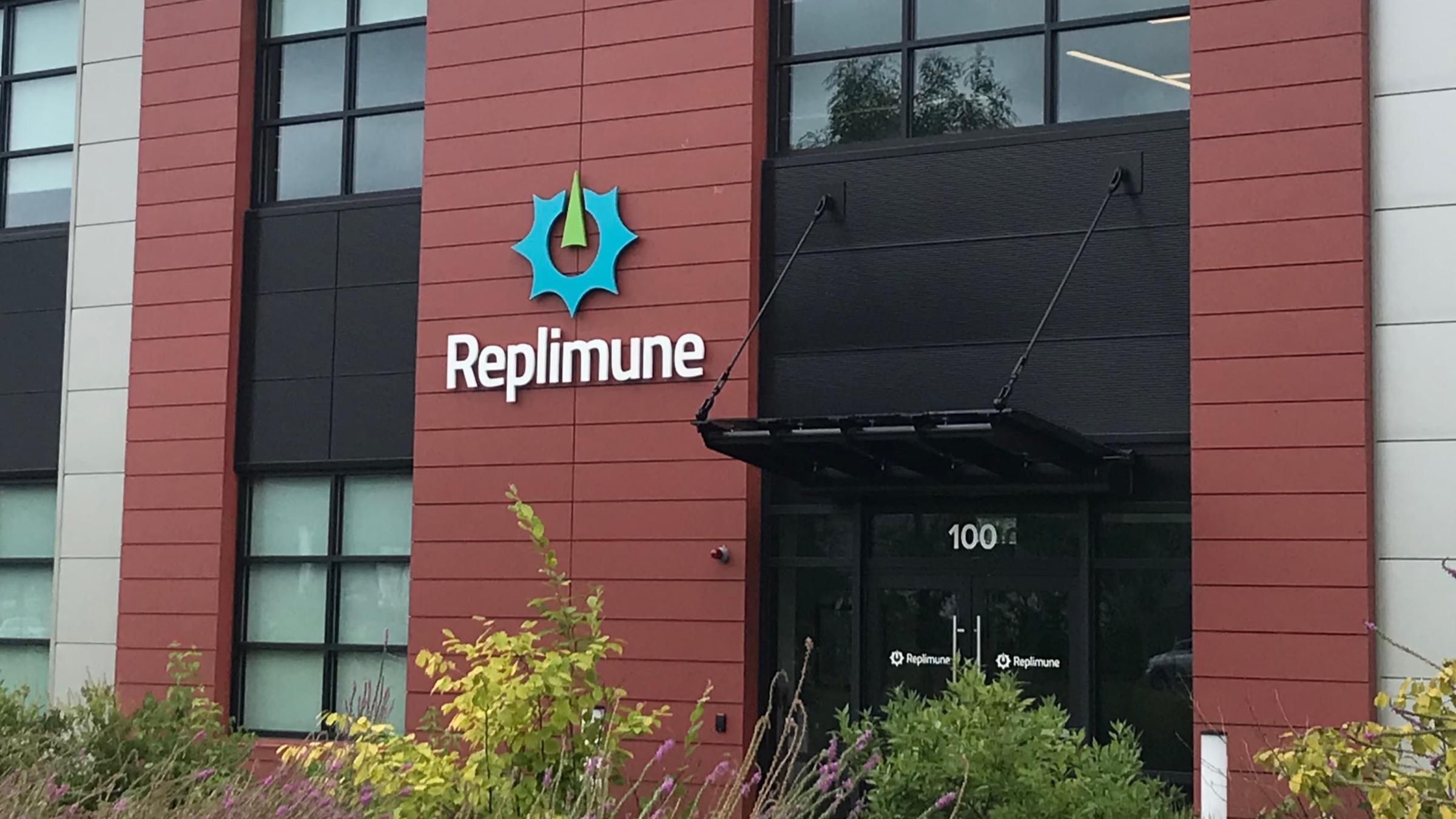Replimune receives CRL on BLA for RP1 for advanced melanoma

Replimune Group, Inc – a clinical stage biotechnology company pioneering the development of novel oncolytic immunotherapies – has announced that the US Food and Drug Administration (FDA) has issued a Complete Response Letter (CRL) regarding the Biologics License Application (BLA) for RP1 (vusolimogene oderparepvec) in combination with nivolumab for the treatment of advanced melanoma.
The CRL indicates that the FDA is unable to approve the application in its present form, as the IGNYTE trial is not considered to be an adequate and well-controlled clinical investigation that provides substantial evidence of effectiveness.
The CRL also states that there are items related to the confirmatory trial study design which need to be addressed, including contribution of components. Importantly, however, no safety issues were raised.
Replimune, headquartered in Woburn, Massachusetts, was founded in 2015 with the mission to transform cancer treatment by pioneering the development of novel oncolytic immunotherapies.
RP1 (vusolimogene oderparepvec) is Replimune’s lead product candidate and is based on a proprietary strain of herpes simplex virus engineered and genetically armed with a fusogenic protein (GALV-GP R-) and GM-CSF, intended to maximise tumour-killing potency, the immunogenicity of tumour cell death, and the activation of a systemic anti-tumour immune response.
Replimune will now request a Type A meeting and expects it to be granted within 30 days. The company plans to urgently interact with the FDA to find a path forward for the timely accelerated approval of RP1, without which the development of RP1 for advanced cancer patients with limited options will not be viable.
Sushil Patel, PhD, CEO of Replimune, commented: “We are surprised by this FDA decision and disappointed for advanced melanoma patients who have limited treatment options as highlighted by the granting of breakthrough status at the time we provided the IGNYTE primary data.”
Patel added: “We strongly believe that RP1 in combination with nivolumab can bring substantial benefit to advanced melanoma patients.”
A melanoma vaccine
Another company working in the advanced melanoma space is UK biotech Scancell, which this week reported data from a phase 2 trial of its off-the-shelf DNA plasmid vaccine for melanoma that it says backs a swift move to a larger, registrational study.
The SCOPE trial of SCIB1 and Scancell's next-generation candidate iSCIB1+ show "excellent results encompassing efficacy, durability, immune responses, and safety" when added to standard checkpoint inhibitor therapy for advanced melanoma untreatable with surgery, according to the company.












